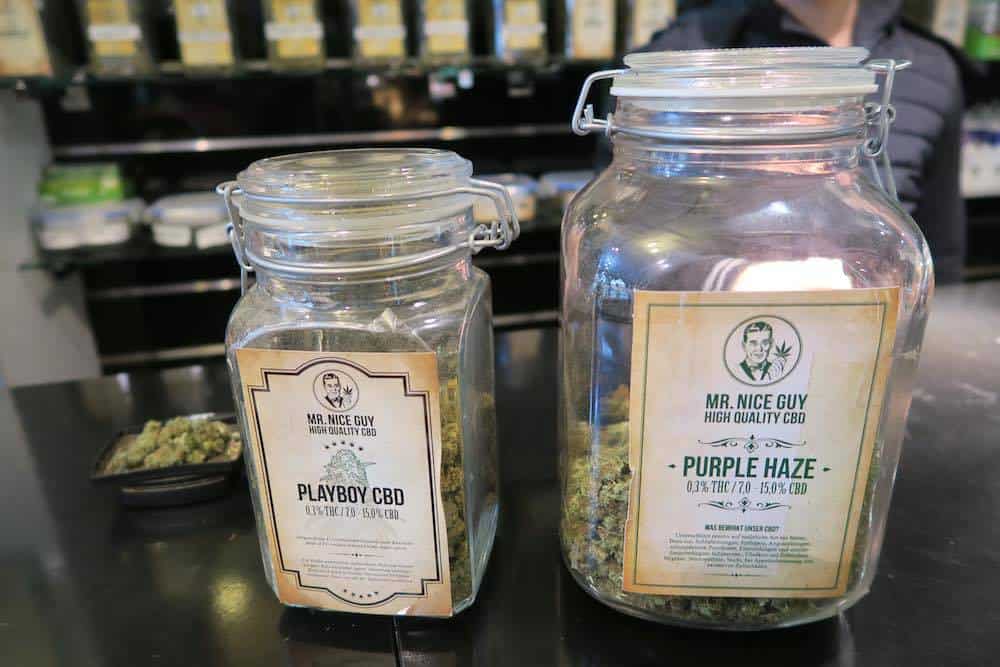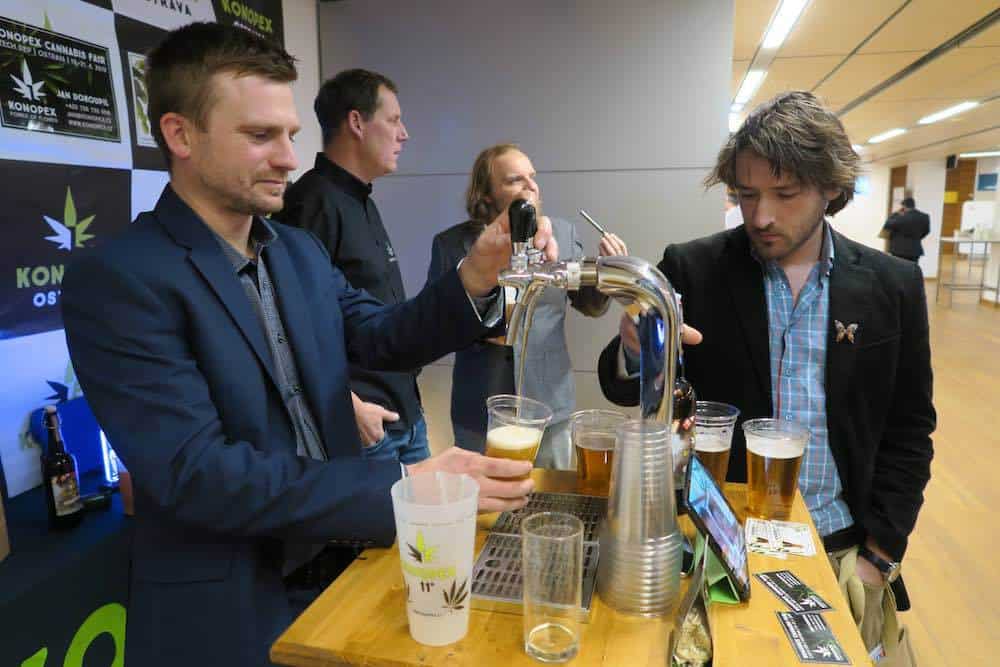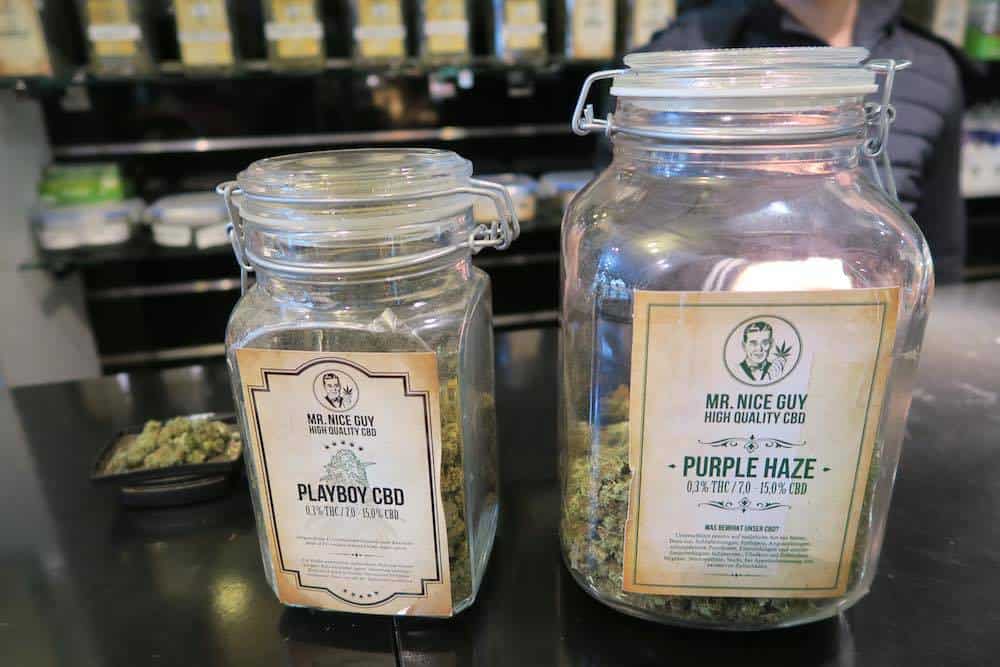The UN’s Commission on Narcotic Drugs (CND) failed to reschedule cannabis at the 61st Session in Vienna, Austria, last month, bucking the expectations of activists. Per an anticipated recommendation from the World Health Organization (WHO), many believed the CND would remove tetrahydrocannabinol (THC) from Schedules I and IV, and make the cannabinoid a Schedule II, or perhaps deschedule it all together. Fentanyl, tramadol, and synthetic cannabinoids were castigated by all, but cannabis containing more than one percent THC will remain a topic of debate until March 2019. That’s when the CND reconvenes to update UN narcotics conventions from 1961, 1971, and 1988 that guide drug policies for member states.
UN narcotic conventions recognize that cannabis, opium poppy, and coca leaf can be used for medical purposes, but mandate that signatories work to eliminate illicit cultivation. The WHO serves as an advisor to the CND by assessing the dangers “of prevalent and harmful psychoactive substances” on an annual basis. Representing the WHO’s Expert Committee on Drug Dependence, Gilles Forte broke the news.
“As far as cannabis is concerned, the necessary clearance process is ongoing,” Forte said. “I regret that I must inform you that the necessary clearance process to communicate this information could not be conducted in time for this meeting.”
Julian Stobbs, of the South African advocacy group Fields of Green for All, typified the general feeling of disappointment. “On Thursday we went to the UN to listen to the WHO say, ‘Cut to the chase, THC isn’t as bad as you think, reschedule.’ And I thought I was going to see some history being made. Instead, it was, ‘I’m sorry we couldn’t sign it, we haven’t got the time.”
After a 2011 bust, Stobbs and his partner Myrtle Clarke (also known as the Dagga Couple) sued the South African government—who criminalized cannabis in 1878—for enacting unconstitutional cannabis laws, opening the door to personal use and cultivation in private spaces.

CBD Flowers at Mr. Nice (John Veit)
Last June, the WHO recommended that cannabidiol (CBD) be descheduled. A report released in November 2018, however, makes it difficult to understand why activists were hopeful THC would be next. The WHO report acknowledged some of cannabis’ therapeutic effects while providing academic and scientific data on its toxicology, association with respiratory problems, impairment to motor vehicle use, brain damage suffered by young people, and an array of other problems.
During the session, a representative from China expressed the most vociferous objections to de/rescheduling. “Globally cannabis is not used as a frontline clinical drug and it can be completely replaced by other drugs. We are worried that if we relax the control on cannabis, we most likely would send the wrong signal to the international community and mislead the public, especially the youth.”
Russia, Pakistan, and ASEAN (Indonesia, Brunei, Malaysia, Myanmar, Cambodia, Philippines, Singapore, Laos, Thailand, Vietnam) all backed China’s objections.
As the CND’s meeting came to a congenial close, US Ambassador Jackie Wolcott poisoned the atmosphere by objecting to the election of Iran’s Kazem Gharibabadi as CND Vice-Chair. She complained that Iran was “a state-sponsor of terrorism” and regurgitated a litany of gripes about Iran and Syria that had nothing to do with drug policy.
While the Iranian and Syrian delegates voiced their objections, Wolcott bee-lined to the bathroom. When she emerged she refused to answer any of High Times’ questions and rushed off “to get to another meeting.”
In a brief interview, Syria’s delegate Monia Al Saleh described Wolcott’s performance. “CND is a technical forum where we only negotiate issues relative to drugs and crime. We already know their position with regard to Iran. Mentioning Syria in her statement is not acceptable.”
Toni Straka, director of Austria’s Hanf Institute, explained why Vienna was an ideal setting for a cannabis conference. “Austria is the only EU country where the sale of seeds and seedlings are allowed,” she told High Times. “There are a lot of home grows, guaranteeing the highest quality weed all over Europe, because it is all growers who don’t grow for any kind of black market. It is like when you make tomatoes in your garden, you just want to have the best for yourself.”
Hanf and Hanf is a large grow shop across the Danube from the UN. While forbidden from selling flowers or oils containing more than one percent THC, their greenhouse is well stocked with clones and seedlings that do. Mr. Nice Guy across the street sold a wider variety of CBD flowers that, in our opinion, smelled and tasted better than Hanf and Hanf’s. The employees attributed the higher quality to the fact they grow their flowers themselves instead of relying on outside sources.
The CND meeting was followed by a weekend-long conference and trade show dedicated to sustainable cannabis production sponsored by FAAAT (For Alternative Approaches to Addiction Think and Do Tank. Panels covered human rights, environmental issues, gender disparities, medical use, hemp technologies, cooperative business models, and youth. Missing, however, were the voices of young people and representatives from developing countries. Unlike any other cannabis conference/trade show, FAAAT provided awards for cannabis businesses based on sustainability.

Konopex’s Hemp Beer (John Veit)
Tony Silvaggio, a Humboldt State University sociology professor and contributor to Where There’s Smoke: The Environmental Science, Public Policy, and Politics of Marijuana, began the conference with a bit of a downer. He explained that California’s registration fees and regressive taxes have incentivized large-scale grows while putting smaller, sustainable cultivators out of business. Like many panelists, Silvaggio’s conception of sustainability goes beyond environmental concerns. “There are sustainable communities, sustainable economies, sustainable agriculture,” he said. “It is a very expensive term.”
While he didn’t win any awards, the most innovative and potentially impactful hemp product was presented by Canada’s Carl Martel, who invented batteries made from carbonized hemp waste that can potentially be used to power vape pens, eliminating a major source of cannabis-related toxic waste.
While not on the ballot, Italy’s Serena Caserio and Virgilio Catanzano from Nonna Canapa should have received some votes for their comic book about a grandmother recounting the history of cannabis. Each book comes with a hemp seed stuck to a bookmark. After presentations in schools, children are then to take the book home, read it with their parents, and plant the seed in their gardens.
It was the general consensus that too much plastic packaging surrounds cannabis products. Konopex, a Czech company, supplied free hemp beer all weekend and vowed to stop using single-use plastic cups.
Myrtle Clarke, the other half of South Africa’s Dagga Couple, was glad her country didn’t medicalize marijuana. “With the medical thing you are wanting a bottle of medication with a barcode and standardization, thousands of rules, and a three-meter-high electric fence.”
She further lamented about the lack of younger voices at the conference. “Children in our rural areas are very much brought up with the cannabis economy because they need to help the old people out because there is no middle ground, everyone else has gone to the city,” Clarke said. “I met those people from Nonna Canapa yesterday and they gave me the comic book with the bookmark that you stick in the ground. You know, isn’t that the way to go? And all we ever hear is, ‘It’s going to make you schizophrenic!’ or ‘What about the children!?’ Yes, what about the children? This is also for the future of the children.”
For now, the adults are still in charge.











